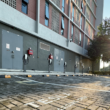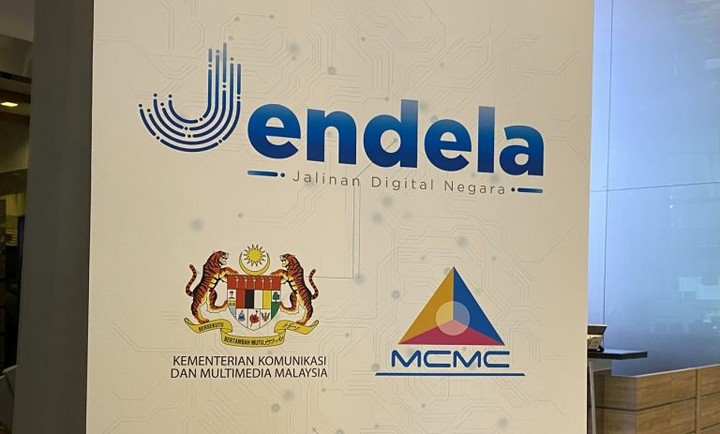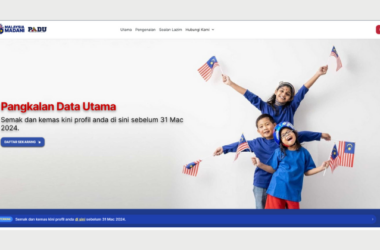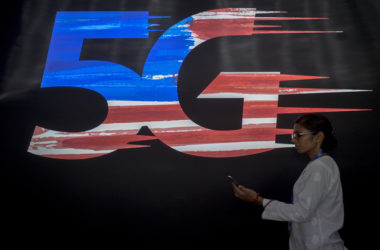Last week, during the Budget 2023 tabling, Prime Minister Datuk Seri Anwar Ibrahim said that that at the end of 2022, Digital Nasional Berhad (DNB) 5G network has reached 50% coverage of populated areas and it is targeted to reach 80% coverage by the end of 2023.
He also said that RM725 million ringgit will be provided to implement digital connectivity in 47 industrial areas and nearly 3,700 schools. The government is also hoping to expand internet to the rest of Malaysia.
According to New Straits Times, Malaysian Communications and Multimedia Commission (MCMC) stated that National Digital Network Plan (Jendela) goal is to achieve 100% Internet coverage for populated areas, expand access to fixed line broadband for nine million premises, and attain an average mobile broadband speed of 100Mbps by the end of 2025.
The second phase of Jendela (2023-2025) will concentrate on providing Internet access to the remaining 3% of the population and expanding Gigabit internet access for fixed-line broadband nationwide.
However, even with the expanded availability, there are still people who are unable to afford it. The fixed-line internet Unity Package that was announced recently by Fahmi Fadzil, the Communications and Digital Minister, is still too expensive for B40 group according to the Federation of Malaysian Consumers Associations (FOMCA) CEO Saravanan Thambirajah.
Saravanan said the offer price of RM69 is more suited to those in the middle-income or M40 group and the price did not include the sales and services tax (SST), which would cause it to exceed RM70 per month.
He mentioned that the reduction was only 20% since the current market price was RM89, and he believed that the telecommunication companies could further decrease the price depending on their sense of corporate social responsibility.
Saravanan also emphasized the need for the government to prioritize the expansion of internet access across Malaysia, particularly in Sabah and Sarawak. He pointed out that many areas in the interior still lack access to fibre connections, resulting in slower internet speeds compared to more developed regions on the peninsula.
Additionally, he stated that the cost of internet in Malaysia is relatively high compared to neighbouring countries with similar speeds. He suggested that the prices could be reduced further, by 20% to 30%, in comparison to other countries.










